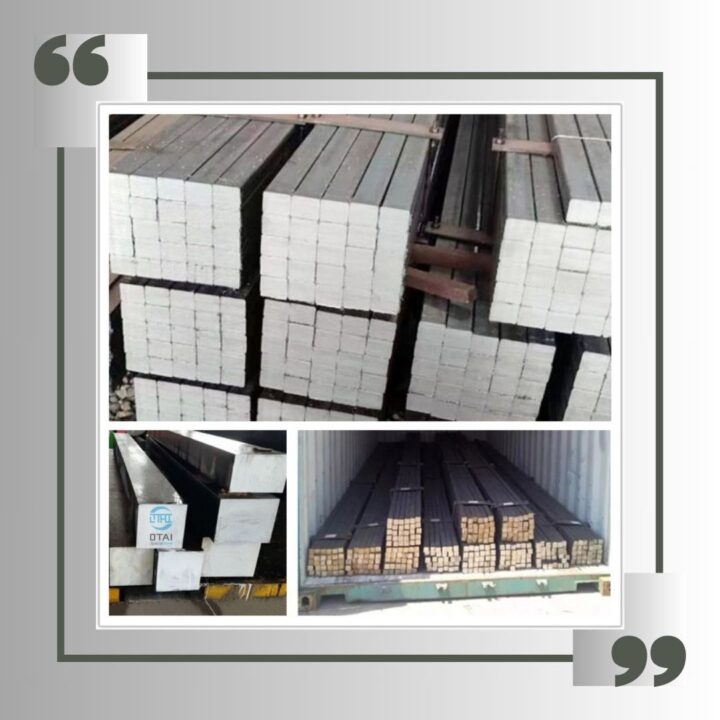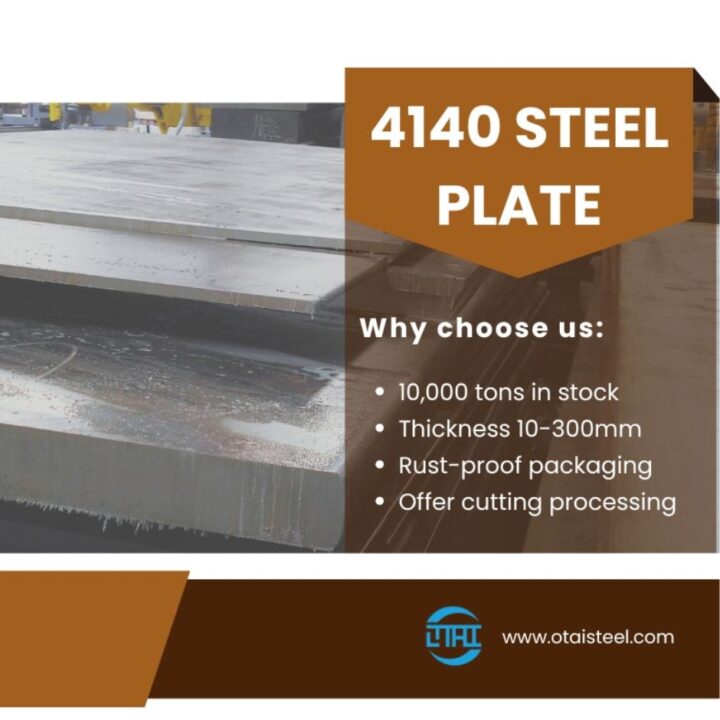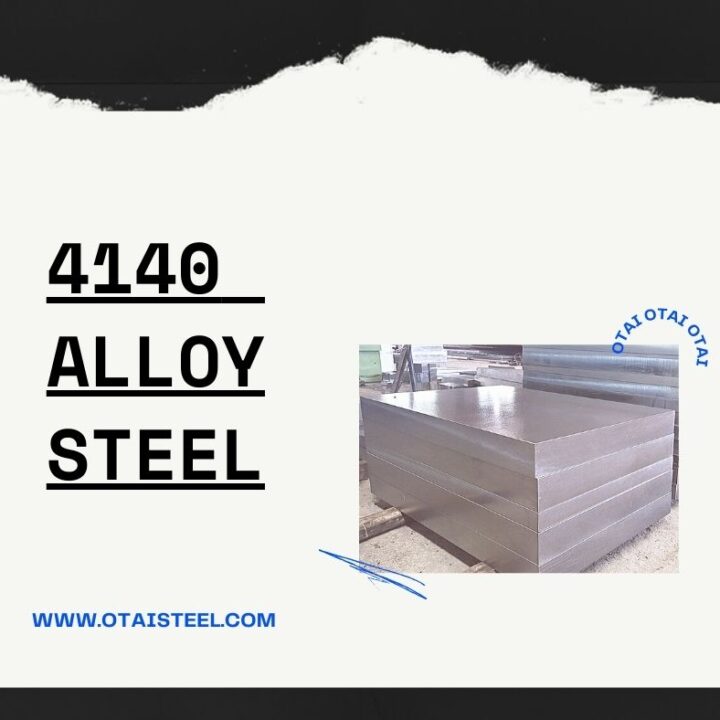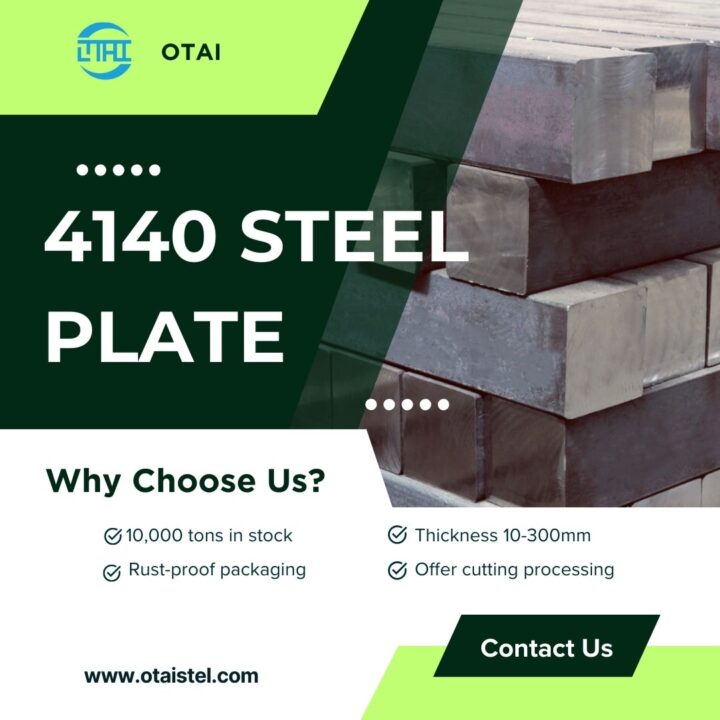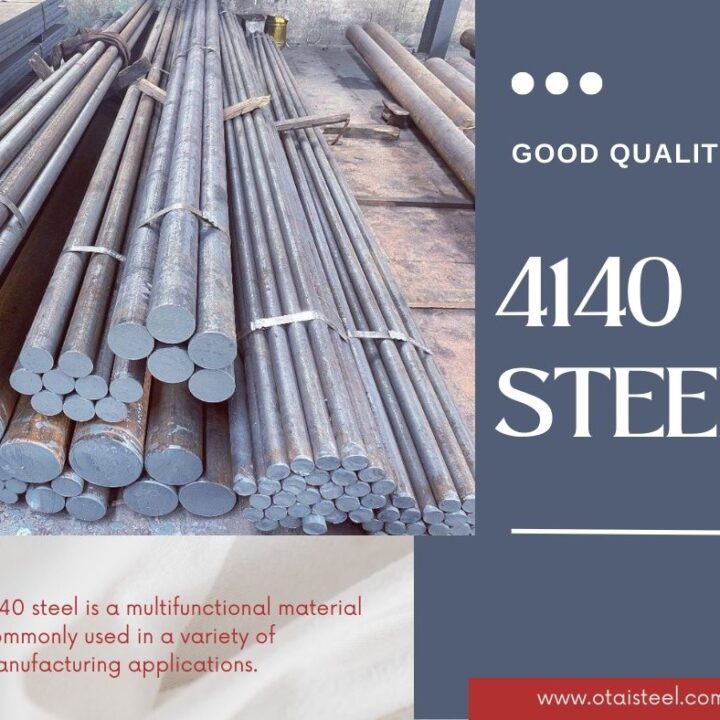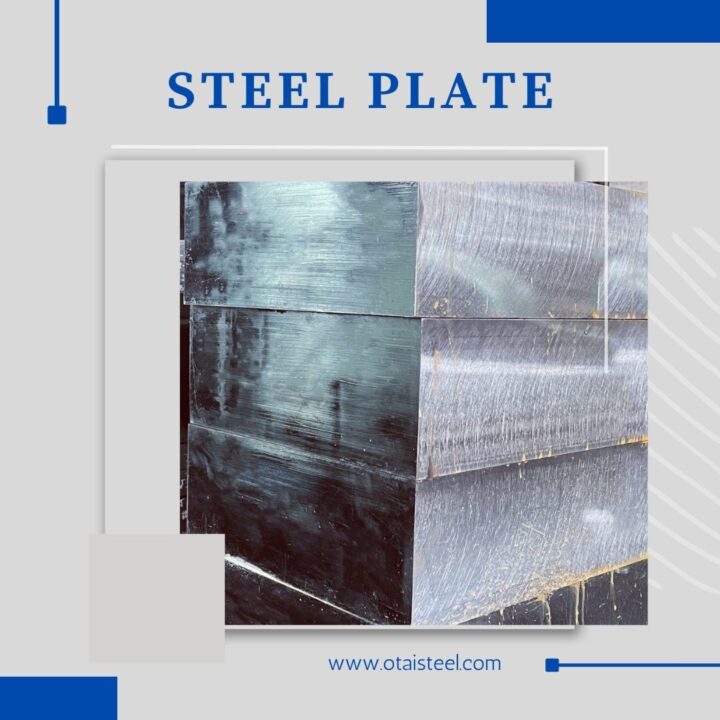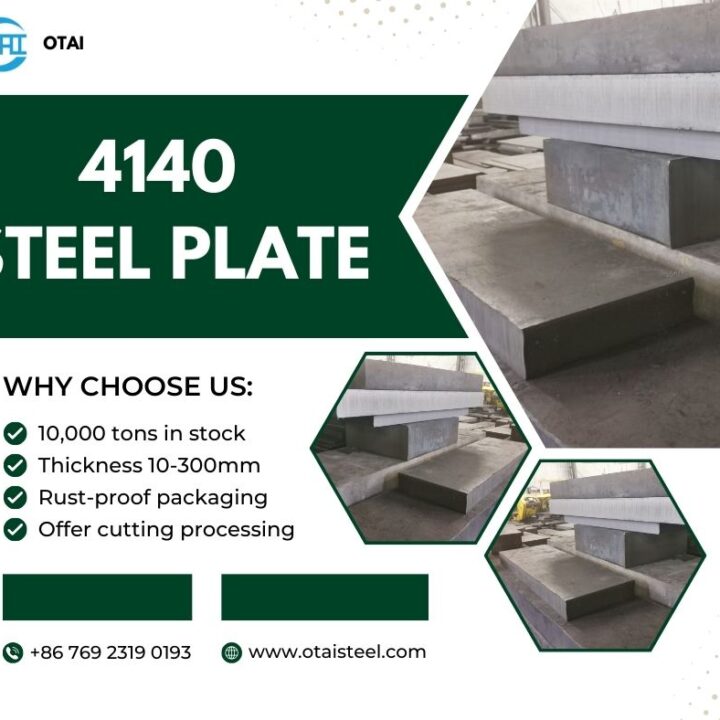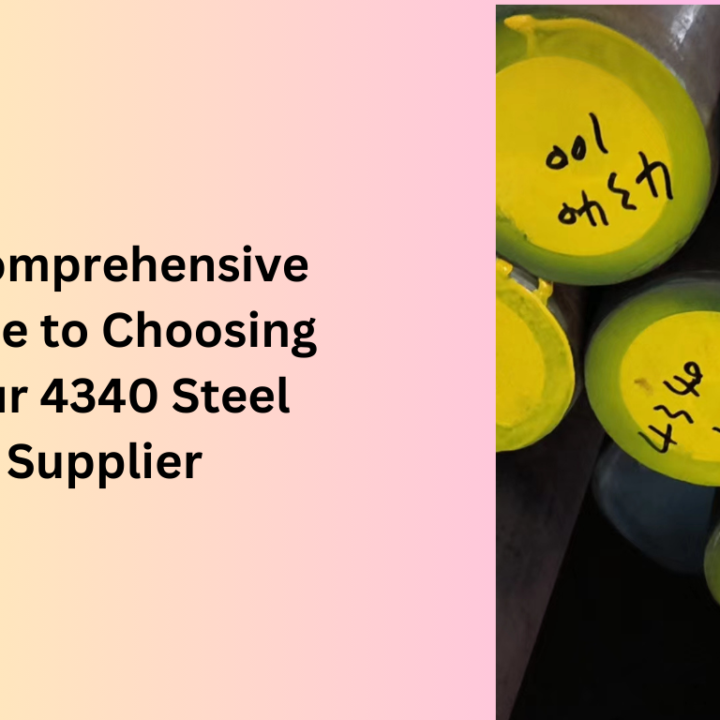Heavy equipment and machinery require materials that can withstand high stress, heavy loads, and harsh working conditions. 4140 steel possesses excellent strength and durability, enabling it to handle the demanding requirements of heavy equipment manufacturing. (4140 steel in heavy equipment)
Applications of 4140 Steel in Heavy Equipment Manufacturing
- Gears and Shafts
4140 steel is commonly used for manufacturing gears and shafts due to its high torsional strength and wear resistance. It ensures smooth power transmission and withstands the repetitive stresses experienced in heavy equipment.
- Bolts and Fasteners
In heavy equipment, reliable fastening is crucial for structural integrity. 4140 steel bolts and fasteners provide high tensile strength, making them ideal for securing components under heavy loads and vibrations.
- Structural Components
4140 steel is widely employed in the fabrication of structural components such as frames, chassis, and supports. Its combination of strength, toughness, and weldability ensures the structural integrity of heavy equipment.
- Crankshafts and Connecting Rods
The demanding nature of engine applications in heavy machinery requires materials with exceptional fatigue resistance. 4140 steel is often chosen for crankshafts and connecting rods due to its high fatigue strength and durability.
- Hydraulic Cylinder Components
Hydraulic systems in heavy equipment rely on robust and durable components. 4140 steel provides the necessary strength, machinability, and resistance to wear and corrosion for hydraulic cylinder components like rods, pistons, and glands.
- Machine Tool Components
Machine tools used in heavy equipment manufacturing require materials that can withstand high-speed operations and heavy cutting forces. 4140 steel offers excellent machinability, toughness, and dimensional stability, making it suitable for machine tool components.
- Wear Plates and Cutting Edges
Heavy equipment operating in abrasive environments requires wear-resistant components. 4140 steel can be hardened and used for manufacturing wear plates, cutting edges, and other components subjected to high wear and impact.
- Mold and Die Components
4140 steel is utilized in the production of molds and dies for heavy equipment manufacturing processes such as casting, forging, and stamping. Its hardness, toughness, and dimensional stability contribute to the longevity and precision of these critical components.
Advantages of Using 4140 Steel
- High Strength and Toughness
4140 steel exhibits excellent tensile strength, yield strength, and toughness, making it suitable for heavy-duty applications where material strength is paramount.
- Excellent Fatigue Resistance
Heavy equipment is subjected to cyclic loading, which can lead to fatigue failure. 4140 steel’s superior fatigue resistance ensures extended component life under repeated stress conditions.
- Cost-Effectiveness
Compared to some higher-alloy steels, 4140 steel offers a cost-effective solution without compromising on strength, durability, or performance.
- Machinability and Weldability
4140 steel can be easily machined, allowing for efficient manufacturing processes. It is also weldable, facilitating the fabrication and repair of heavy equipment components.
- Versatility and Availability
4140 steel is available in various forms, including bars, plates, and tubes, offering manufacturers flexibility in design and production. Additionally, it is widely accessible, ensuring a reliable supply for heavy equipment manufacturers.
Surface Finishing Techniques for Improved Performance
To further enhance the performance and longevity of 4140 steel components, various surface finishing techniques can be employed:
- Heat Treatment
Heat treatment processes like quenching and tempering improve the hardness, strength, and toughness of 4140 steel, making it suitable for critical applications.
- Shot Peening
Shot peening subjects the surface of 4140 steel to controlled impacts of small spherical media. This process induces compressive stresses, enhancing fatigue resistance and extending component life.
- Nitriding
Nitriding is a surface hardening process that diffuses nitrogen into the surface of 4140 steel. It forms a hard nitride layer, improving wear resistance and corrosion resistance.
- Coating and Plating
Applying protective coatings or platings, such as zinc, chrome, or nickel, can provide additional corrosion resistance and improve the aesthetic appeal of 4140 steel components.
Case Studies: Successful Implementations
- Construction Equipment Industry
4140 steel finds extensive use in the construction equipment industry, where it is utilized in the manufacturing of components like buckets, booms, arms, and frames. Its strength, toughness, and versatility contribute to the overall performance and durability of construction equipment.
- Oil and Gas Equipment Manufacturing
Heavy machinery and equipment used in the oil and gas industry must withstand harsh environments and high pressures. 4140 steel is employed in the fabrication of drilling equipment, pump components, and valves, ensuring reliable operation and resistance to corrosive substances.
- Mining Machinery Applications
Mining machinery is exposed to abrasive materials, extreme loads, and challenging operating conditions. 4140 steel’s excellent combination of hardness, toughness, and wear resistance makes it suitable for components such as crusher liners, shovel teeth, and conveyor parts.
- Heavy-Duty Automotive Components
4140 steel is also used in the manufacturing of heavy-duty automotive components like axles, crankshafts, and suspension parts. Its strength and fatigue resistance contribute to the overall performance and safety of commercial and off-road vehicles.
Maintenance and Care of 4140 Steel Components
To ensure optimal performance and longevity of 4140 steel components in heavy equipment, proper maintenance and care are essential:
- Regular Inspection and Lubrication
Frequent inspections help identify any signs of wear, damage, or corrosion in 4140 steel components. Lubrication of moving parts reduces friction and prevents premature wear.
- Cleaning and Rust Prevention
Regular cleaning and the application of rust prevention measures, such as protective coatings or inhibitors, help safeguard 4140 steel against corrosion.
- Proper Handling and Storage
During transportation and storage, 4140 steel components should be handled with care to prevent surface damage. Adequate storage conditions, including controlled humidity and temperature, help mitigate corrosion risks.
- Replacement and Repair Considerations
In case of component failure or wear, proper replacement or repair techniques should be employed to maintain the structural integrity and performance of 4140 steel components.
When combined with appropriate surface finishing techniques and diligent maintenance, 4140 steel components can deliver exceptional performance and longevity in the demanding world of heavy equipment manufacturing. (4140 steel in heavy equipment)
